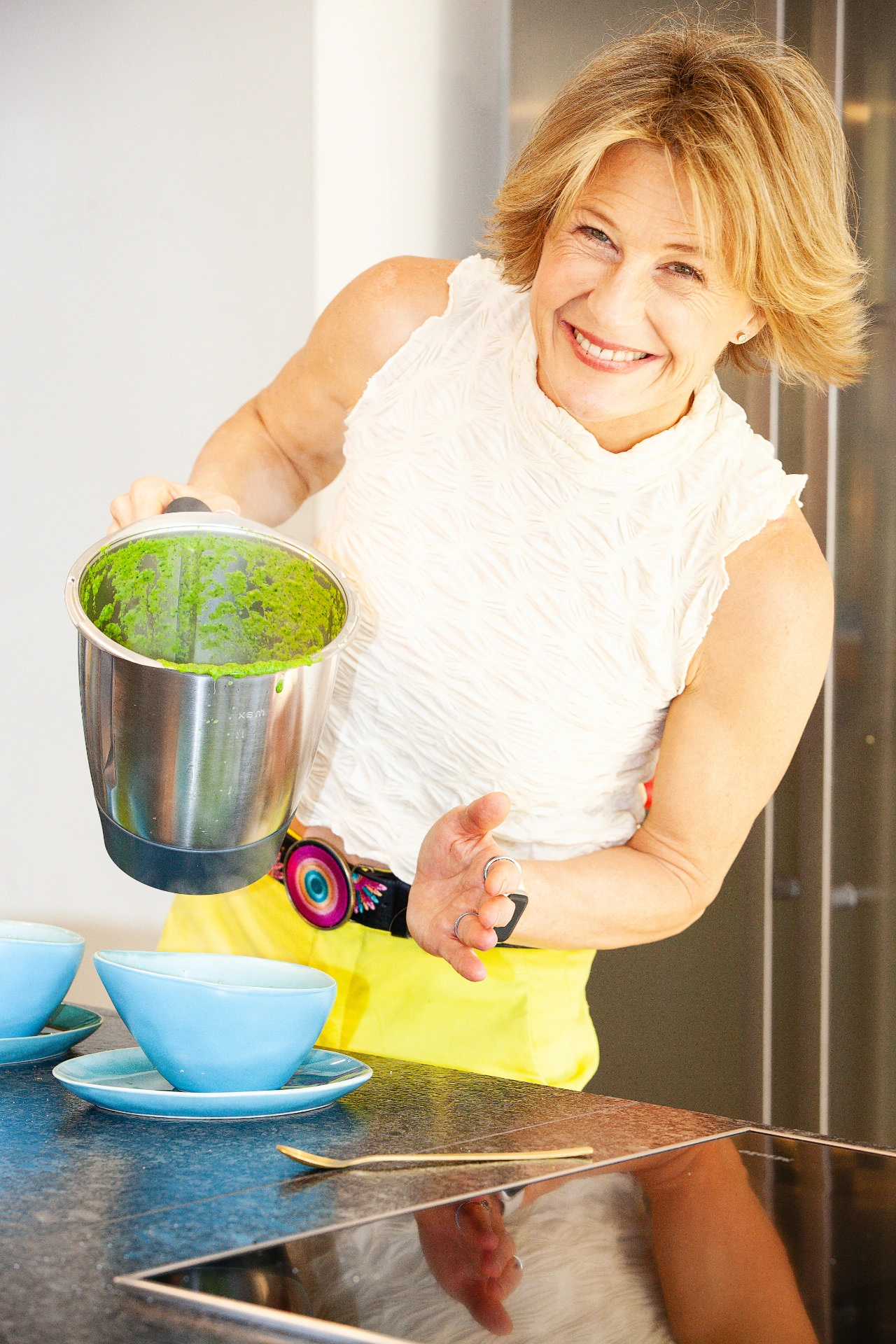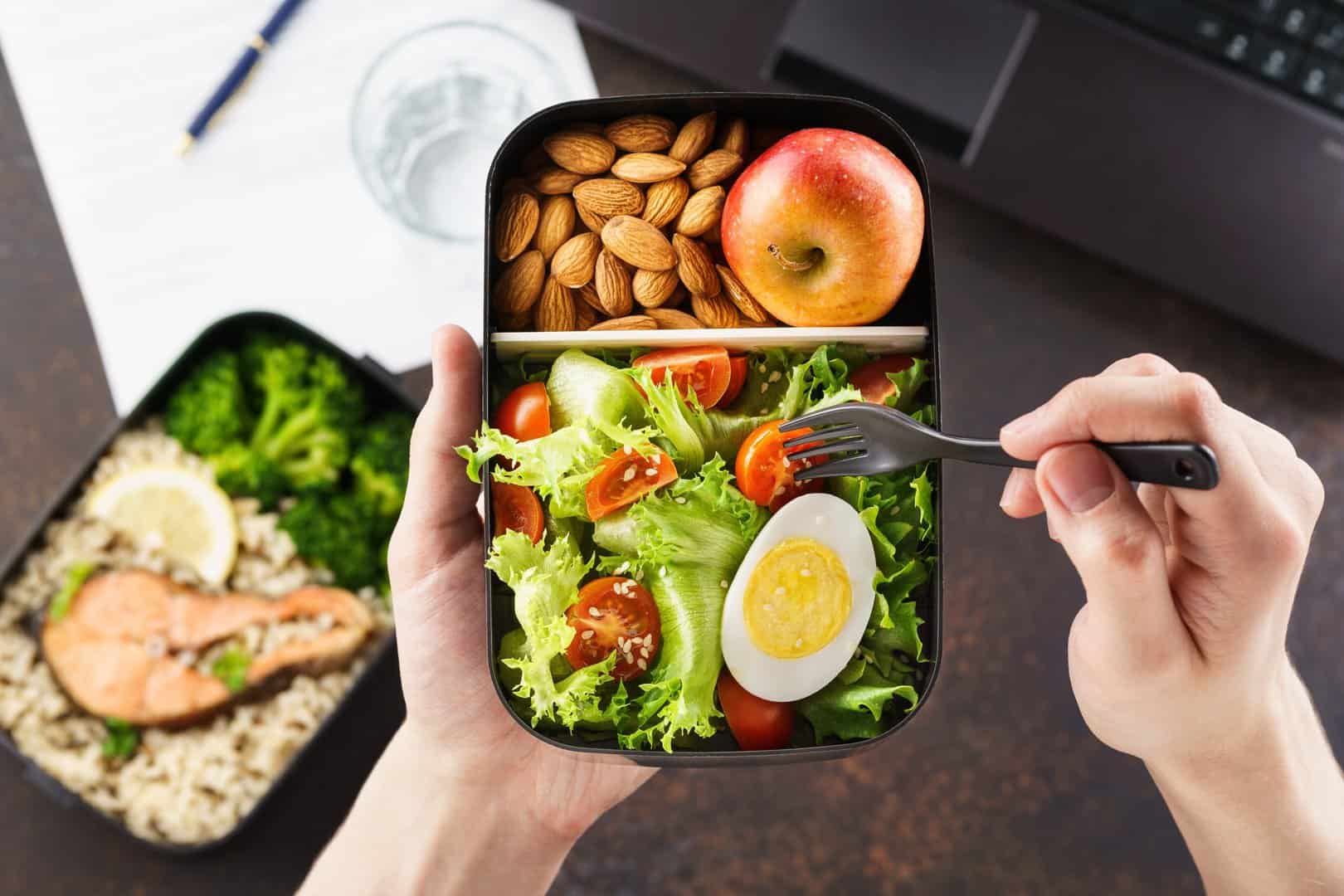
Menopause is a natural phase in a woman’s life, signalling the end of her reproductive years. During this transitional period, the body undergoes significant hormonal changes, particularly a decrease in oestrogen production by the ovaries. These hormonal fluctuations can lead to a wide range of symptoms, including hot flushes, mood swings, heavy periods, vaginal dryness, fatigue, and sleep disturbances. While menopause is a normal part of aging, its associated symptoms can be challenging for many women.
One natural remedy that has gained attention for alleviating menopausal symptoms is soy isoflavones. These plant compounds, found in various soy-based foods, have been shown to have a positive impact on hormonal balance during menopause. In this article, we will explore the benefits of soy isoflavones and how they can help women navigate the challenges of menopause.
Soy Isoflavones: Nature’s Hormone Balancers
Soy isoflavones are naturally occurring compounds found in soy-based foods such as soybeans, tofu, miso, edamame beans, soy sauce, soy milk, yogurt, and tempeh. Two primary types of isoflavones found in soy are genistein and daidzein. These isoflavones are classified as phytoestrogens because they possess a mild estrogenic effect in the body.
Phytoestrogens act as weaker forms of oestrogen, capable of binding to oestrogen receptors on the surface of cells and mimicking the actions of the hormone oestrogen. This ability allows them to regulate hormonal activity in the body. Interestingly, phytoestrogens like soy isoflavones can both increase natural oestrogen levels when they are low and block the effects of stronger forms of oestrogen when levels are high. They are, in essence, adaptogens for hormonal balance.
Other Sources of Phytoestrogens
While soy isoflavones are one of the most well-known sources of phytoestrogens, they are not the only ones. Lignans, found in flaxseeds, beans, lentils, peas, rye, oats, sunflower seeds, sesame seeds, and certain vegetables and fruits like apples, carrots, and berries, also exhibit a mild estrogenic effect in the body. Incorporating a variety of these foods into your diet can contribute to overall hormonal balance during menopause.
Research on Soy Isoflavones and Menopausal Symptoms
Some research has shown that consuming isoflavones in the diet may help to reduce some menopausal symptoms, such as hot flushes or night sweats. Other research has been more mixed, meaning that soy isoflavones might benefit some women more than others. While the effects will not be as dramatic as taking bioidentical oestrogen, the belief is that they may slightly reduce symptoms if consumed as a regular part of the diet.
The Preferred Form: Food Over Supplements
When considering the consumption of soy isoflavones, it is advisable to opt for whole food sources rather than supplements.
Eating small amounts of soy products each day may be the most effective. Soya is best eaten in its fermented form such as miso, tempeh and tamari soya sauce, however tofu and other soya foods such as Edamame beans, soya beans, and soya yogurt can also have a benefit. We do not need to eat large amounts and eating some of these foods during the week alongside other phytoestrogens, such as flaxseeds or chickpeas will help to keep us topped up.
I do not currently use supplemental forms of isoflavones in clinic as I believe that food forms are usually safer and better absorbed. When eating foods it is sometimes the combination of number of different compounds that are not always replicated in supplements.
Easy Ways to Increase Plant Phytoestrogens
Here are some simple dietary strategies to boost your intake of plant-based phytoestrogens:
- Flaxseeds: Sprinkle flaxseeds into your yogurt, smoothies, or porridge. Flaxseeds are one of the richest sources of lignans, a type of phytoestrogen.
- Legumes: Incorporate chickpeas, beans, and lentils into your diet through soups, casseroles, salads, and smoothies.
- Whole Grains: Opt for whole grains like rye bread, oats, and brown rice.
- Fruits and Vegetables: Include celery, apples, garlic, and plums in your meals.
- Sprouted Seeds: Consider adding sprouted seeds like red clover to your diet.
- Moderate Soy Consumption: Enjoy smaller amounts of soy products, such as tofu, miso, tempeh, and edamame beans, aiming for around 50 grams per day.
In conclusion, soy isoflavones, along with other phytoestrogen-rich foods, offer a natural and holistic approach to managing menopausal symptoms. Incorporating these foods into your daily diet can contribute to hormonal balance during this transformative phase of life. I recommend choosing whole food sources over supplements for the most effective and safe results.
About the Author, Dominique Ludwig, Nutritionist MSc and Nutritional Therapist mBANT
Dominique Ludwig is an accomplished Nutritionist MSc., and Nutritional Therapist who is also BANT, CNHC and AFMCP accredited. Dominique works in numerous health conditions using a personalised nutrition approach.She specialises in her signature group programmes Renew Reset Recharge® programme and The Triple 30 Plan and runs a busy clinic in the heart of the South Downs where she works with her private clients as a Nutritional Therapy Practitioner, offering personalised Renew Reset Recharge® appointments.Dominique is also a double award-winning nutritionist. Dominique has over 30 years’ experience as a King’s College, London qualified Nutritionist and almost 20 years as a registered Nutritional Therapist.
Dominique works with many high-profile and A-list clients, known and respected for her discretion, expertise, and trustworthiness. Dominique works out of her own busy practice, Dominique Ludwig Nutrition Limited, in Hampshire as well as Meyer Clinic in Chichester. Dominique has helped over a thousand clients, globally, live healthier lives. She is a regular contributor to The Times, The Sunday Times and Times 2, Sheerluxe, Top Sante and many other magazines and podcasts.
DISCLAIMER:
Features published by Dominique Ludwig are not intended to treat, diagnose, cure or prevent any disease. Always seek the advice of your GP or another qualified healthcare provider for any questions you have regarding a medical condition, and before undertaking any diet, exercise or other health-related programme. Please refer to our Terms and Conditions and Medical Disclaimer for more information as well as our Webiste Terms and Conditions.





